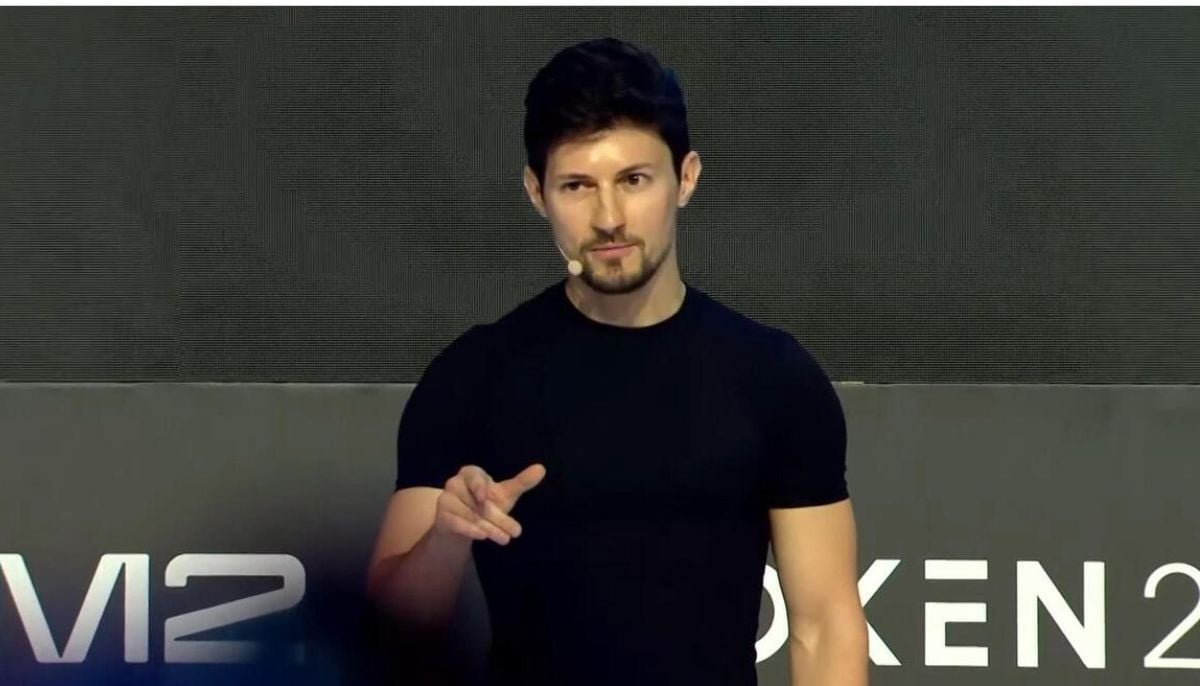- Chrome Vulnerabilities Allow Code Execution, Browser Crashes TechRepublic
- Chrome Vulnerabilities Let Attackers Execute Arbitrary Code and Crash System CybersecurityNews
- India Flags High-Risk Security Flaws in Mozilla Firefox and Thunderbird,…
Author: admin
-
Chrome Vulnerabilities Allow Code Execution, Browser Crashes – TechRepublic
-
Iran deploys advanced Khorramshahr-4 missile at newly revealed underground site ahead of U.S. talks — report-Xinhua
CAIRO, Feb. 5 (Xinhua) — Iran has deployed one of its largest missiles at an underground facility unveiled Wednesday, Iran’s Fars News Agency reported Thursday.
Fars said the Khorramshahr-4 long-range ballistic missile was among the…
Continue Reading
-

A second shot at Olympic glory — Harvard Gazette
Five athletes with Harvard ties are among the thousands set to compete on the slopes and ice of Italy this month at the 2026 Winter Olympics. They include a current Extension School student who made her Olympics debut at age 17 and an alumnus…
Continue Reading
-
Finneas defends sister Billie Eilish over criticism from ‘old white men’
Billie Eilish used her winner’s speech at the Grammy Awards on Sunday (1 February) to criticise the increased Immigration and Customs Enforcement (ICE) raids in Minneapolis.
The singer had picked up the ‘Song of the Year’ award for her…
Continue Reading
-

Angelina Jolie sparks health concerns as Brad Pitt lawsuit refuses to end
Angelina Jolie is reportedly struggling as legal war with ex-husband Brad…
Continue Reading
-

Quantum Dot Simulations Reveal Energy Loss Quirks At Higher Frequencies
Researchers are increasingly focused on understanding how excitons interact with vibrations within semiconductor quantum dots. Yasser Saleem and Moritz Cygorek, from the Department of Physics at TU Dortmund, alongside et al, detail a new fully…
Continue Reading
-
Access Denied
Access Denied
You don’t have permission to access “http://www.olympics.com/en/milano-cortina-2026/olympic-torch-relay/news/the-olympic-flame-lights-up-milan-the-grand-finale-is-on-february-6th” on this server.
Reference…
Continue Reading
-

Stock market today: Live updates
Traders work on the floor at the New York Stock Exchange (NYSE) in New York City, U.S., Feb. 5, 2026.
Brendan McDermid | Reuters
U.S. equities fell for another day on Thursday as investors took a risk-off stance, leading popular trades in technology and bitcoin to unravel.
The Dow Jones Industrial Average shed 561 points, or 1.1%. The S&P 500 lost 1.2%, landing in negative territory for the year, while the Nasdaq Composite declined 1.6%. The 30-stock Dow was down nearly 700 points, or about 1.4%, at session lows, while the broad market S&P 500 and Nasdaq dropped 1.5% and 1.9%, respectively.
Alphabet was the latest of the “Magnificent Seven” companies to report earnings results. The company projected a sharp increase in artificial intelligence spending that spooked some investors, calling for 2026 capital expenditures of up to $185 billion. Shares were last down 1%.
“The fact that some of these companies do release and they announce just additional capex spending — and it is astronomical at this point — we’re actually viewing that as a positive sign for the market’s health in general, because … it’s more that the market is discerning at this point rather than just irrational exuberance,” said Stephen Tuckwood, director of investments at Modern Wealth Management.
Alongside Alphabet, Qualcomm came under pressure, sliding 9% after posting a weaker-than-expected forecast because of a global memory shortage.
Elsewhere, the sell-off in the cryptocurrency market continued to gain steam, as bitcoin fell below $67,000 after earlier sinking below $70,000 — which is considered a key support level. In the precious metals space, pressure on silver resumed. The metal’s prices snapped a two-day rebound and dropped as much as 16%. It had plummeted nearly 30% last Friday.
Bad news for the labor market
Adding to the downbeat sentiment, concerns surrounding labor market weakness grew after outplacement firm Challenger, Gray & Christmas reported that U.S. employers announced 108,435 layoffs in January, marking the highest January total since the global financial crisis.
On top of that, initial jobless claims for the week ended Jan. 31 rose more than expected, and job openings in December fell to their lowest level since September 2020.
This comes ahead of next week’s release of the Bureau of Labor Statistics’ January jobs report, which was pushed back as a result of the partial government shutdown that ended Tuesday.
“It feels like we’re shifting out of this no-hire, no-fire period that we’ve been in for the past several months,” Tuckwood said, adding that the upcoming BLS jobs report “could likely confirm what we’re seeing here with the others, where the firing and layoffs pieces is starting to turn negative.”
If that turns out to be the case, he believes that the Federal Reserve will deliver an interest rate cut at the end of at least one of its March or April meetings.
Wall Street is coming off a turbulent trading session, which saw a sell-off software and chip stocks that drove the S&P 500 to a second straight day of losses. Those stocks were pummeled as fears of AI disruption in the industry had investors rotating out of tech en masse and into other more attractively valued parts of the market.
The sell-off on software stocks, which entered a bear market last week, could be getting ahead of itself, Tuckwood told CNBC. He said, “We’re not quite there yet in terms of wanting to avoid catching a falling knife, but at some point for that particular subsector, there’s going to be an opportunity once things do get a bit too overdone there on the sell side.”
Continue Reading
-

Telegram CEO criticises Spain’s social media age verification proposals
Telegram’s chief executive has accused Spain of risking a ‘surveillance…
Continue Reading
